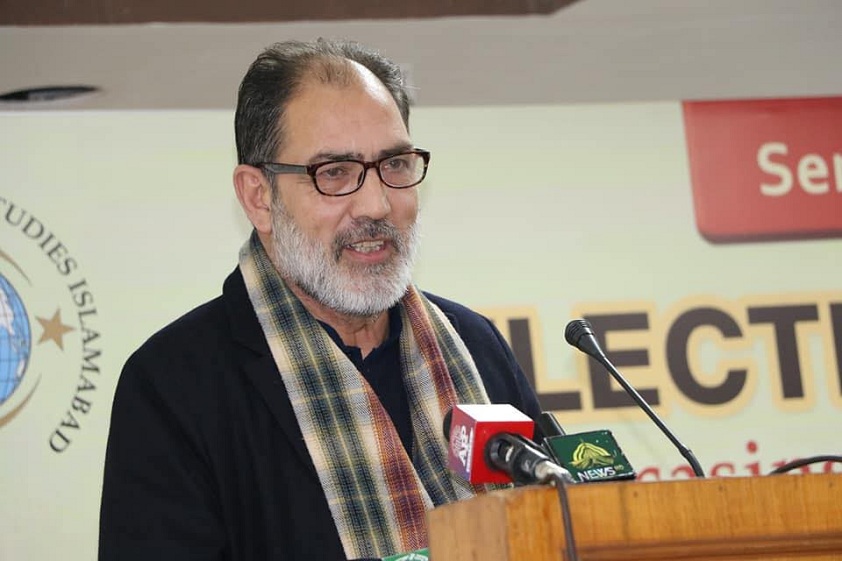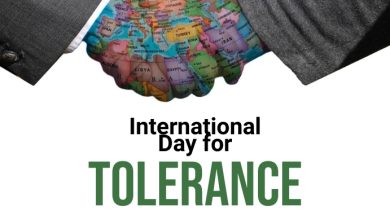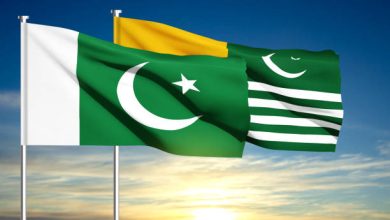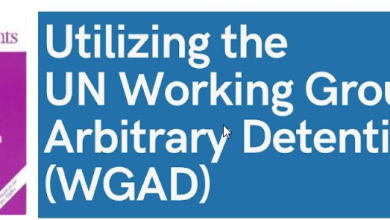Article: International Day for Elimination of Violence Against Women: A Focus on Indian occupied Kashmir
Altaf Hussain Wani
 As the world observes the International Day for the Elimination of Violence Against Women on November 25, it is imperative to reflect on the grim realities faced by women in conflict zones, particularly in Indian occupied Kashmir. This day serves as a reminder of the persistent violence and discrimination that women endure globally, and in Kashmir, the statistics paint a harrowing picture of systemic abuse and violations of human rights.
As the world observes the International Day for the Elimination of Violence Against Women on November 25, it is imperative to reflect on the grim realities faced by women in conflict zones, particularly in Indian occupied Kashmir. This day serves as a reminder of the persistent violence and discrimination that women endure globally, and in Kashmir, the statistics paint a harrowing picture of systemic abuse and violations of human rights.
From January 1989 to October 2024, Kashmir has witnessed a staggering number of women subjected to violence. Reports indicate that 22,980 women have been widowed, and 11,265 have faced horrific acts of gang rape or molestation. Additionally, there are over 2500 half-widows—women whose husbands have disappeared during custody of armed forces , leaving them in a state of limbo, both socially and legally. The situation is further exacerbated by the detention of women activists like Asia Andrabi, Fahmeeda Sofi, Naheeda Nasreen, and many others who have been imprisoned for advocating for the right to self-determination.
The legacy of violence against women in Kashmir is punctuated by several mass rape incidents that have occurred over the years, often involving the Indian armed forces. One of the most notorious cases is the Kunan Poshpora massacre, which took place on February 23, 1991. During a search operation, soldiers gang-raped 83 women of all ages, leaving an indelible mark on the community and highlighting the impunity with which such acts are committed. Similarly, the Chhanpora mass rape on March 7, 1990, involved multiple women being brutally assaulted by CRPF personnel, with victims recounting the horror of being dragged from their homes and violated.
The violence did not cease with time; incidents continued to emerge, such as the Wavoosa mass rape on April 22, 1997, where armed personnel violated multiple women, including minors. In another incident on October 5, 1998, a fifty-year-old woman in Doda was raped by a soldier who explicitly stated that her identity as a Muslim justified the violence against her. These incidents reflect a disturbing pattern of gender-based violence that is not only a violation of human rights but also a weapon used to exert control and instill fear within the community.
According to MSF’s “Kashmir Mental Health Survey 2015,” 50 percent of women (compared to 37 percent of men) suffered from probable depression; 36 percent of women (compared to 21 percent of men) had a probable anxiety disorder; and 22 percent of women (compared to 18 percent of men) suffer from post-traumatic stress disorder (PTSD).
The impact of such violence extends far beyond the immediate physical and psychological trauma experienced by the victims. It disrupts families, shatters communities, and perpetuates a cycle of violence and discrimination that affects future generations. Women, who are often the backbone of their families and communities, find themselves marginalized and stigmatized, forcing them into silence and isolation.
On this International Day for the Elimination of Violence Against Women, it is crucial to recognize the resilience of Kashmiri women who continue to fight against these injustices. Activists and organizations were working tirelessly to raise awareness, provide support to survivors, and advocate for justice. However, after abrogation of article 370 and 35/A the Indian occupation forces and other authorities like NIA created a culture of fear and intimidation for such activists and organisations by raiding and sealing offices and confiscating all records etc.
On the other hand the path to healing and accountability is fraught with challenges, as many women face societal stigma and fear of reprisal for speaking out.
The international community has a vital role to play in addressing the violence against women in Kashmir. It is essential to hold perpetrators accountable and ensure that survivors receive the support and justice they deserve. Advocacy for women’s rights must be at the forefront of peacebuilding efforts in the region, recognizing that true peace cannot be achieved without addressing the systemic violence faced by women.
Moreover, it is imperative to amplify the voices of Kashmiri women in global forums, ensuring that their experiences and demands for justice are heard. The narratives of survivors must be prioritized, and their rights must be recognized as fundamental to any meaningful dialogue surrounding the Kashmir conflict.
As we commemorate this day, let us stand in solidarity with the women of Kashmir and around the world who continue to endure violence and discrimination. It is a call to action for governments, organizations, and individuals to work collectively towards a future where women can live free from violence and fear. The elimination of violence against women is not just a women’s issue; it is a human rights issue that requires the commitment of all of society.
In conclusion, the International Day for the Elimination of Violence Against Women serves as a critical reminder of the urgent need to address the specific challenges faced by women in conflict zones like Kashmir. Only through sustained efforts, advocacy, and a commitment to justice can we hope to create a world where women are truly free from violence and can thrive in safety and dignity.








